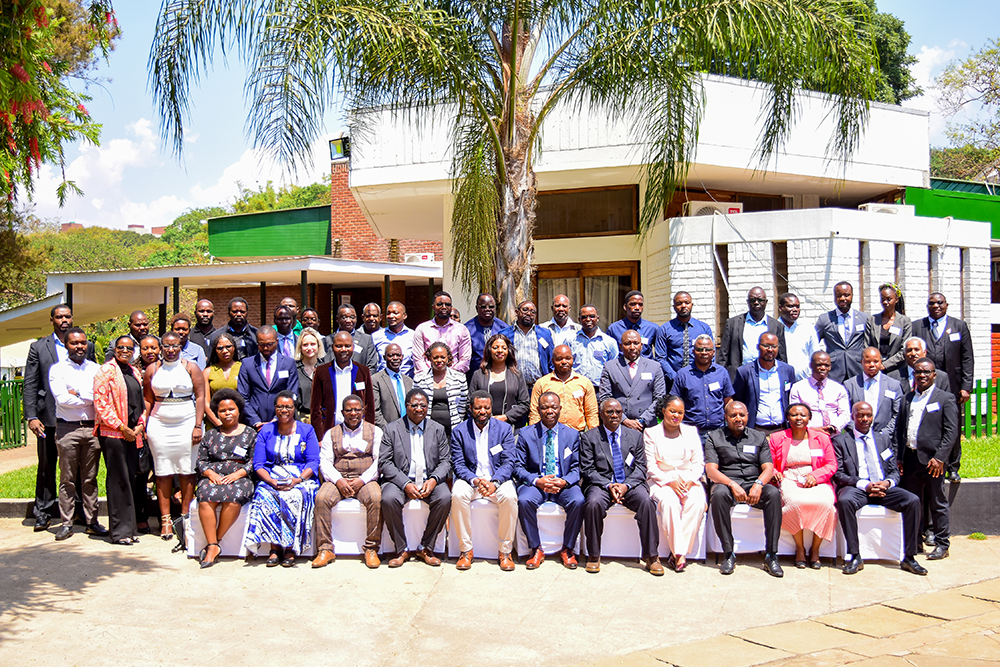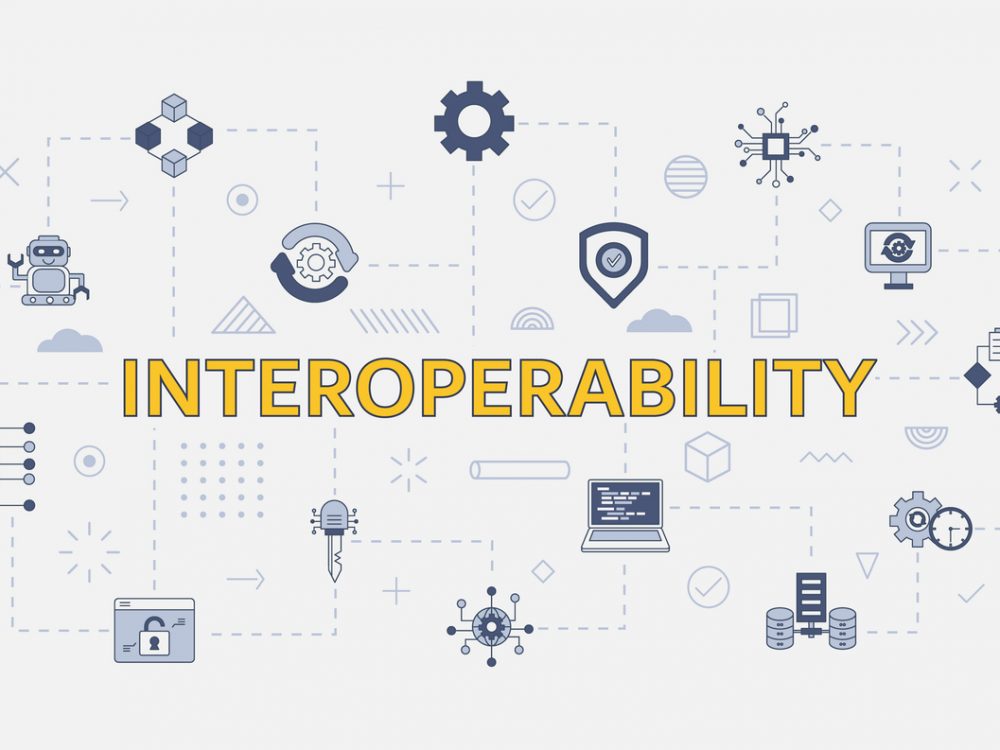
Unlocking the potential of digital public infrastructure for climate data and agriculture: Malawi
In September 2023, Development Gateway: An IREX Venture’s (DG’s) DAS program participated in “Multi Stakeholder Dialogue in Malawi on National Data Infrastructure for Climate Decision Making,” an event convened by the Commonwealth Secretariat and hosted by the Government of Malawi in collaboration with AGRA and the financial support of Open Societies Foundation and GIZ. The event brought together stakeholders in the public and private sector to explore creating a national digital public infrastructure (DPI) in Malawi, with the ultimate aim of increasing the impact of climate data to combat current and future agricultural issues caused by climate change.
This event was one in a series of national dialogues that the Commonwealth Secretariat will host. Subsequent events will be held in Ghana, Barbados, and Bangladesh; each dialogue will be customized to address country specifics while being centered around building national DPIs to better utilize climate data and, in turn, create more resilient food systems in each country.
From the dialogue during this event, participants discovered three key insights (below) to support Malawi in developing its DPI.
What is Digital Public Infrastructure?
According to the United Nations Development Programme, DPI is the technological infrastructure supporting easily accessible, digitized, and connected services that allow individuals and groups to access a given type(s) of data. An individual might interact with DPI when they use their smartphone to access government and other services through an interoperable authentication and payment system. Another example of an interaction with DPI is when an individual accesses the latest weather data using open climate platforms to make informed decisions regarding their agri-business.
In order for a DPI to reach its full potential, certain safeguards should be built in, including such things as ensuring accessibility of public data as appropriate, privacy policies protecting individually identifiable data, appropriate use, etc.
Why Do Nations Need DPIs?
Without a national DPI, unrealized potential and inefficiency prevail, and nations often have multiple, incompatible data systems with data fragmented across them. This dynamic results in operational difficulties, data duplication, and a power imbalance between data owners and holders. Overall, a national DPI benefits everyone from individual citizens to third party organizations.
For citizens, DPIs allow individuals to access streamlined public and private services without compromising their data. For organizations, having a national DPI provides a framework that allows data sharing across different parties, which helps these organizations reduce costs and avoid data duplication. These benefits are achievable because the DPI systems are designed for data sharing.
Additionally, third parties can use data in the DPI to improve outcomes by determining the risks and benefits of doing business with certain individuals or organizations. In the case of agriculture, the DPI data can improve agricultural production by guiding financial institutions on which farmers to finance (including farmers who might otherwise not have access to financing).
Specific to agriculture, a national DPI—in addition to providing the benefits outlined above—would also make disparate climate and agriculture data (e.g., data on soil properties, weather patterns, and land use) accessible and would help farmers identify opportunities, reduce risks, and therefore, boost productivity.
Insights from the Malawi Dialogue
As established above, DPIs are essential to combating climate change and allowing for effective harnessing of data to create more resilient food systems. Therefore, the insights gathered from the discussion can guide Malawi and other actors in developing DPIs and maintaining strong data ecosystems and data use during and after a DPI is established.
- Up-to-date data management practices are vital: During the discussion, participants recognized the importance of moving from paper-based to digitalized database storage. Having up-to-date data management practices allows for the collection of more accurate, timely, and accessible data that can be integrated into a DPI.
- Data collection approaches should be standardized: Discussing the variety of data collection methods—including face-to-face surveys and digital data collection tools, participants came to a consensus that a standardized approach to collecting data should be established. A standardized approach would result in consistency in data collection which expands the possibility of comparing data and identifying actionable next steps.
- Embedding interoperability into the DPI will help ensure sustainability and usability: Many data elements are commonly collected by different institutions. Collaboration and data sharing advances the value of these data elements allowing for improved data-based decision-making. Therefore, different data systems and platforms used in the DPI must be able to work together (be interoperable) in order to allow for this improved accessibility and efficiency.
Looking Ahead: The DAS Program
Going forward, DG’s DAS Program will continue to work with Malawi and other countries to assess opportunities on providing technical assistance and advisory support to inform decisions related to DPIs and other tools and strategies to advance agriculture in Africa.
Learn more about the DAS Program here.
Share
Recent Posts

Beyond the Algorithm: The Case for Human Judgment in AI
As AI spreads across sectors, this blog explores why human-in-the-loop approaches remain essential, examining how human judgment supports ethical and sustainable AI, the limits of this approach, and what comes next.

Data on Youth and Tobacco in Africa Program Enters Phase II
The Data on Youth and Tobacco in Africa (DaYTA) program is launching its second phase, expanding to five additional countries. This blog highlights DaYTA’s objectives, innovative approach, and the key activities driving impact in adolescent tobacco control measures.

Interoperability as a Cornerstone of Resilient Digital Systems
As digital systems continue to multiply, siloed platforms limit long-term impact. This blog reflects on why interoperability is essential to building resilient, sustainable digital systems that remain useful beyond individual programs.